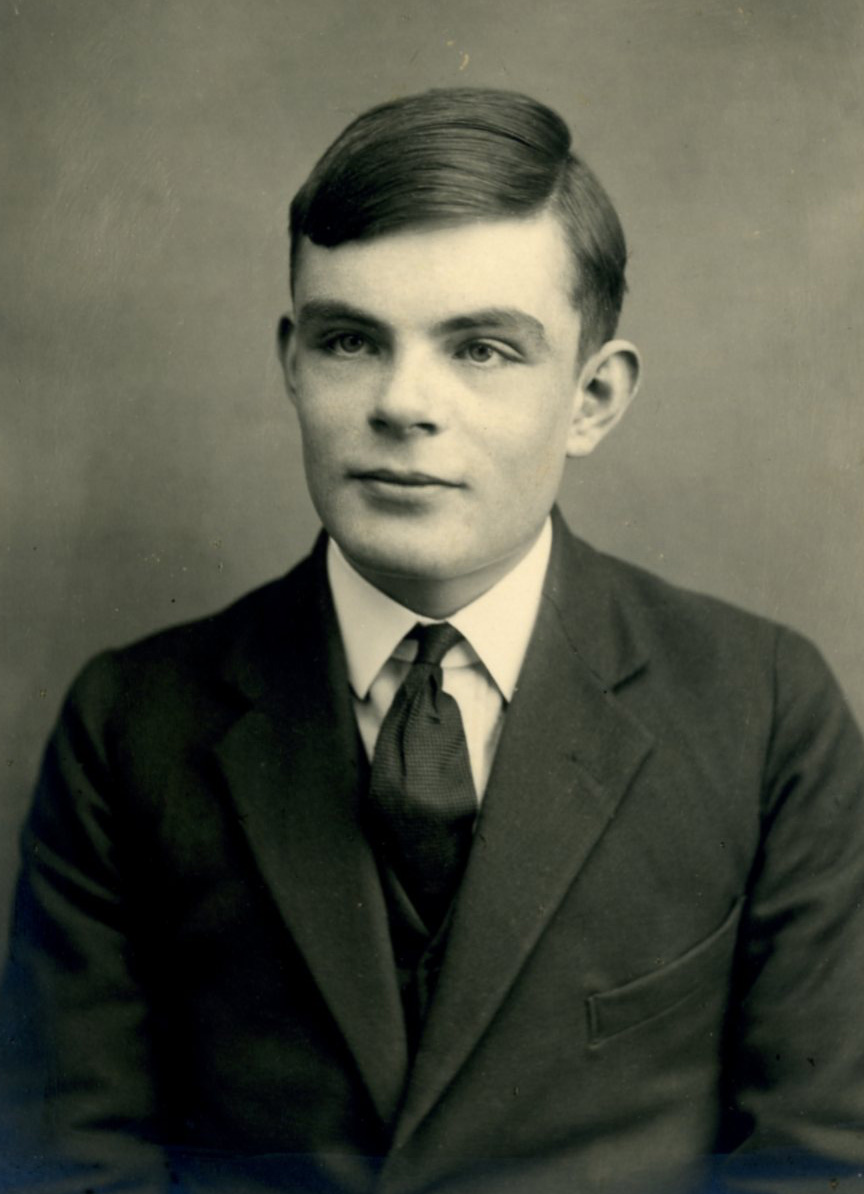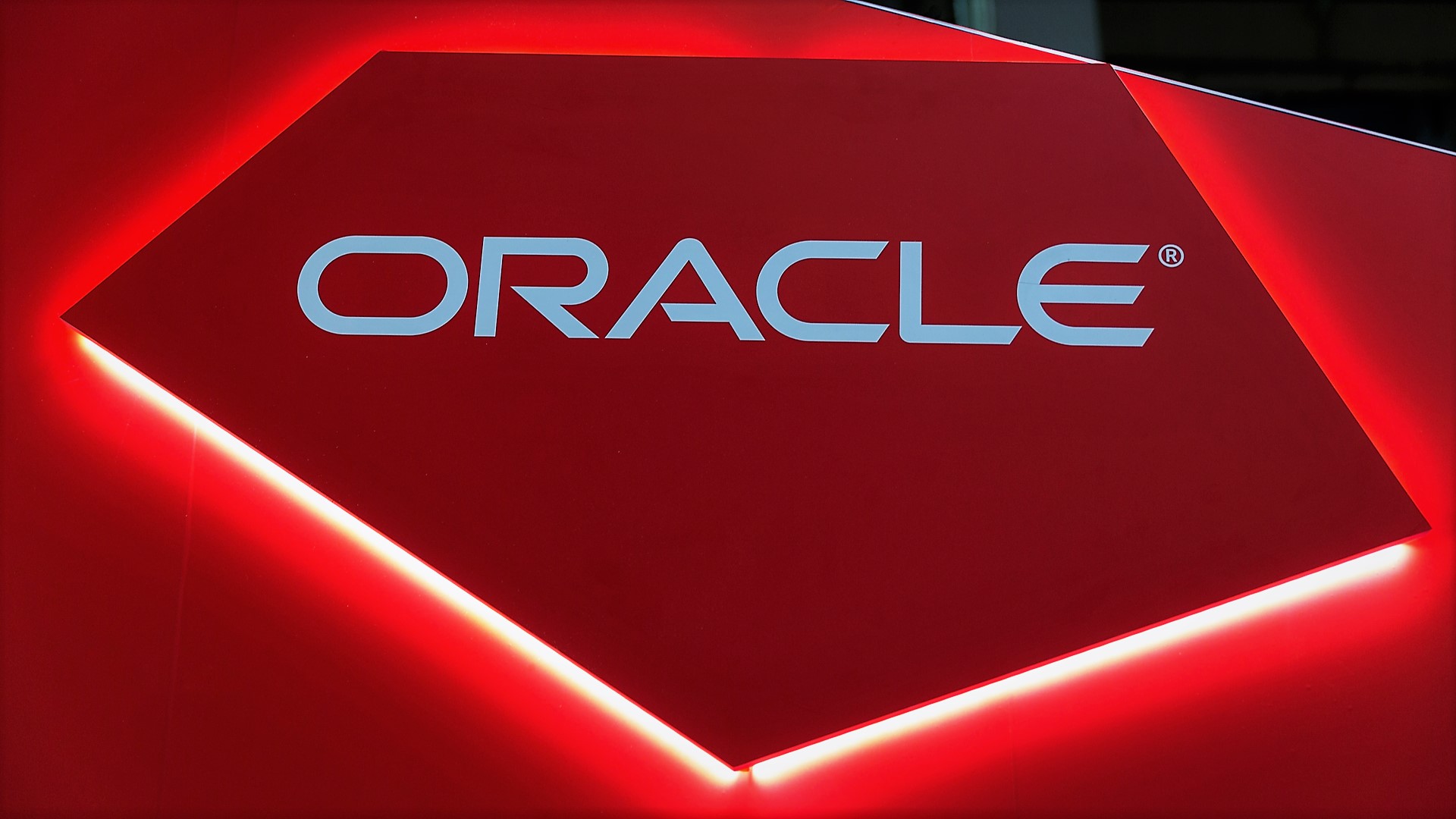Alan Turing Institute finds home at British Library
Big Data research hub will be part of King’s Cross ‘Knowledge Quarter’

The 42 million Alan Turing Institute for Data Science is to be located at the British Library, the Government has revealed.
The announcement puts the Big Data research hub, whose name honours Bletchley Park code breaker Alan Turing, in the centre of the so-called Knowledge Quarter' in King's Cross a grouping of dozens of scientific and academic organisations.
The institute will be tasked with studying new methods of collecting and analysing Big Data, receiving 8.4 million annually over five years in government grants to do so.
It will be run by a joint venture partnership made up of universities selected through a competition by the Engineering and Physical Sciences Research Council (EPSRC), with the winners from more than 20 applicants to be announced shortly.
Roly Keating, chief executive of the British Library and chair of the Knowledge Quarter, said: "We are delighted that the British Library has been selected by the EPSRC as the location for the headquarters of the Alan Turing Institute.
"The future of the British Library is increasingly digital and data-driven and our purposes are strongly aligned with those of the Alan Turing Institute.
"This choice of location also allows the institute to benefit from the world-class physical and transport infrastructure of the Knowledge Quarter with its easy connectivity to other parts of the UK and Europe."
Sign up today and you will receive a free copy of our Future Focus 2025 report - the leading guidance on AI, cybersecurity and other IT challenges as per 700+ senior executives
Chancellor George Osborne added that, while based in the capital, the institute will forge links with universities around the UK.
"The institute will bring benefits to the whole country through partnerships with universities and businesses across Britain, including in our great northern cities, to better understand and exploit the amazing opportunities presented by Big Data," he said.
Partners of the Knowledge Quarter include the British Library, Google, medical research centre The Wellcome Trust, University College London and the Francis Crick Institute.
Turing was a mathematical genius central to England's codebreaking efforts during World War II, as well as being a pioneer in computer science, but committed suicide two years after being chemically castrated by the government for being homosexual in 1952.
In 2009, then-Prime Minister Gordon Brown issued a formal apology for the government's treatment of Turing.
-
 What is Microsoft Maia?
What is Microsoft Maia?Explainer Microsoft's in-house chip is planned to a core aspect of Microsoft Copilot and future Azure AI offerings
-
 If Satya Nadella wants us to take AI seriously, let’s forget about mass adoption and start with a return on investment for those already using it
If Satya Nadella wants us to take AI seriously, let’s forget about mass adoption and start with a return on investment for those already using itOpinion If Satya Nadella wants us to take AI seriously, let's start with ROI for businesses
-
 IDC: The business value of IBM Maximo
IDC: The business value of IBM MaximoWhitepaper Integral to the transformation of asset management
-
 How to choose APM software for your business
How to choose APM software for your businessWhitepaper A market guide to Asset Management Performance software
-
 Scandal-hit Toshiba to split into three companies
Scandal-hit Toshiba to split into three companiesNews The troubled Japanese giant aims to create more value for investors with "attractive" business separation
-
 Tektronix updates its asset management software
Tektronix updates its asset management softwareNews CalWeb gains four new capabilities surrounding test and measurement equipment calibration
-
 Oracle Utilities partners with Veracity and Triniti to streamline utilities’ digital transformation
Oracle Utilities partners with Veracity and Triniti to streamline utilities’ digital transformationNews The trio will join forces to enhance utilities’ critical infrastructure and processes
-
 The definitive guide to warehouse efficiency
The definitive guide to warehouse efficiencyWhitepaper Get your free guide to creating efficiencies in the warehouse
-
 Atera raises $77 million for its all-in-one SaaS
Atera raises $77 million for its all-in-one SaaSNews RMM by Atera helps MSPs monitor and manage remote IT networks with ease
-
 Rockwell and Kezzler join forces to enhance supply chain visibility
Rockwell and Kezzler join forces to enhance supply chain visibilityNews New track-and-trace platform helps manufacturers monitor their products' lifecycles